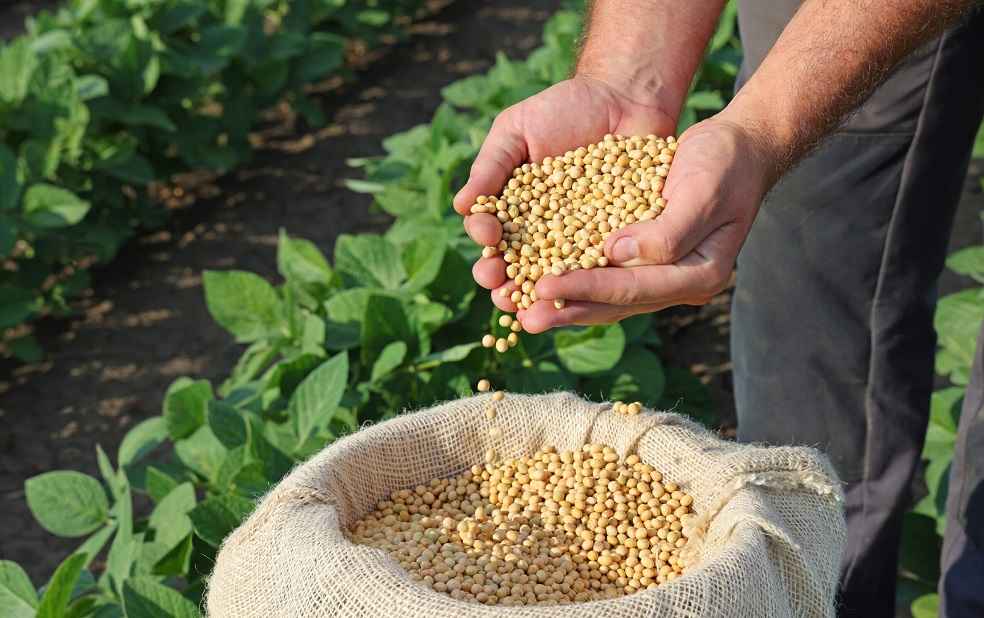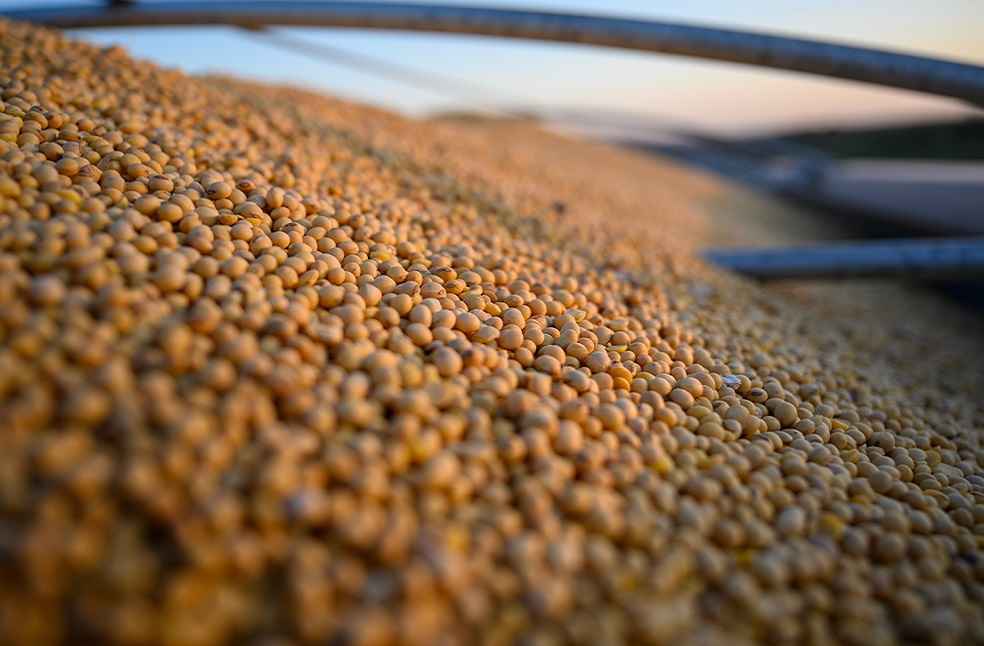Bangladesh is rapidly emerging as a crucial market for soybean products, fueled by the evolving dietary preferences of its burgeoning middle class. The nation’s growing preference for protein-rich foods—particularly meat, fish, and edible oils—is expected to significantly escalate demand for soybean cakes and seeds, both vital components in animal feed and oil production.
David Mielke, senior analyst at Oil World, shed light on Bangladesh’s evolving role during his keynote at Soy Connext, a global summit hosted by the US Soybean Export Council (USSEC). The event, held on August 20 at San Francisco’s Marriott Hotel, brought together leaders in soybean farming, trade, and market analysis.
Mielke observed that, Bangladesh, with its rapidly expanding middle class, is set to see an exponential rise in the need for soybean products. The country, recognized as a burgeoning South Asian economy, faces a substantial gap between domestic production and consumption needs. With local production capped at 800,000 tonnes annually, Bangladesh imports over 4 million tonnes of soybeans to bridge this shortfall, creating a lucrative opportunity for global exporters.

Mielke also pointed to similar trends across emerging markets, particularly in Africa, where rising incomes and shifting dietary preferences mirror those of Bangladesh. He projected India as the next major soybean market, driven by its vast and increasingly affluent population. Despite this, India’s position as one of the largest global producers of soybeans adds complexity to its role as an importer.
Anja Manuel, a former US diplomat and expert on foreign policy, provided further insights, focusing on how geopolitical tensions and economic disruptions, such as those triggered by the Covid-19 pandemic, are reshaping global trade dynamics. Manuel emphasized the need for robust dispute resolution mechanisms within the World Trade Organization (WTO) to stabilize volatile markets.
Kevin Roepke, USSEC’s regional director for South Asia and Sub-Saharan Africa, highlighted Bangladesh’s soybean import patterns, noting a peak of 2.5 million tonnes during the 2021-2022 period. Current imports have stabilized between 2 million and 2.5 million tonnes, supplemented by an additional million tonnes of soybean meal to support the livestock sector. Roepke also emphasized the emergence of large-scale processing facilities in Bangladesh, underscoring the nation’s potential for sustained growth in soybean demand.

Bangladesh’s strategic focus on food security is evident in its policy decisions, such as the removal of tariffs on soybeans and soybean meal. Roepke suggested that formalized trade agreements could lock in these advantages, driving economic growth over the long term.
USSEC Board Chairman Lance Rezac echoed the importance of global trade, pointing to the United States as a key player in both exporting and importing food. This dual role, Rezac noted, underscores the need for interconnected markets to enhance consumer choice and strengthen food supply chains.
TRADE WORLD | Amul Crowned World’s Strongest Food Brand in 2024 with $3.3 Billion Valuation



